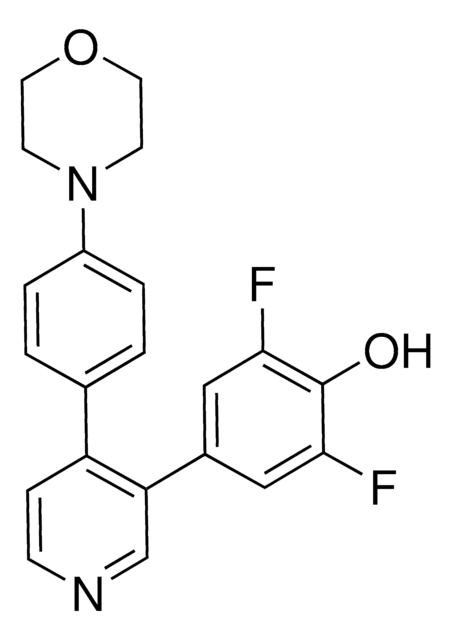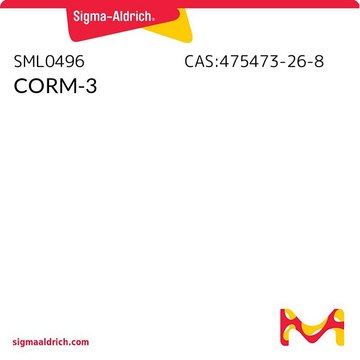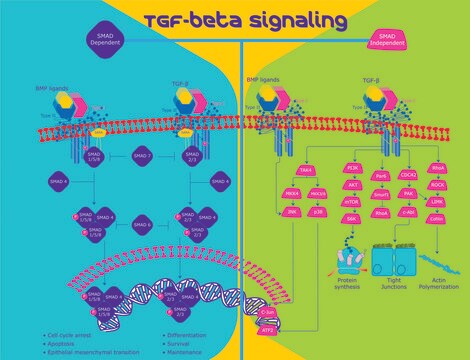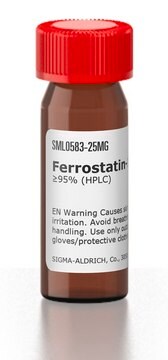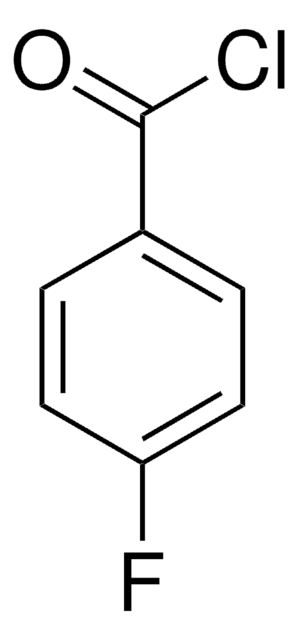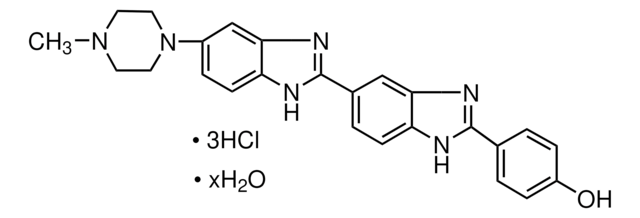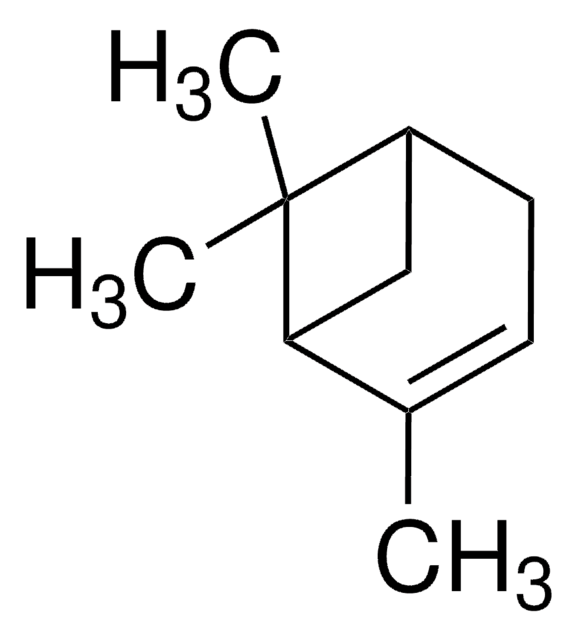SML1930
CORM-401
Synonym(s):
Mn(CO)4{S2CNMe(CH2CO2H)}, Tetracarbonyl[N-(dithiocarboxy-?S,?S′)-N-methylglycine]manganate
About This Item
Recommended Products
form
powder
Quality Level
storage condition
protect from light
color
light yellow to dark yellow
solubility
DMSO: 10 mg/mL, clear
storage temp.
−20°C
SMILES string
CN(CC(O)=O)C1=S=[Mn-4]([C+]=O)([C+]=O)([C+]=O)([C+]=O)S1
Biochem/physiol Actions
Storage Class Code
11 - Combustible Solids
WGK
WGK 3
Choose from one of the most recent versions:
Certificates of Analysis (COA)
It looks like we've run into a problem, but you can still download Certificates of Analysis from our Documents section.
If you need assistance, please contact Customer Support.
Already Own This Product?
Find documentation for the products that you have recently purchased in the Document Library.
Our team of scientists has experience in all areas of research including Life Science, Material Science, Chemical Synthesis, Chromatography, Analytical and many others.
Contact Technical Service